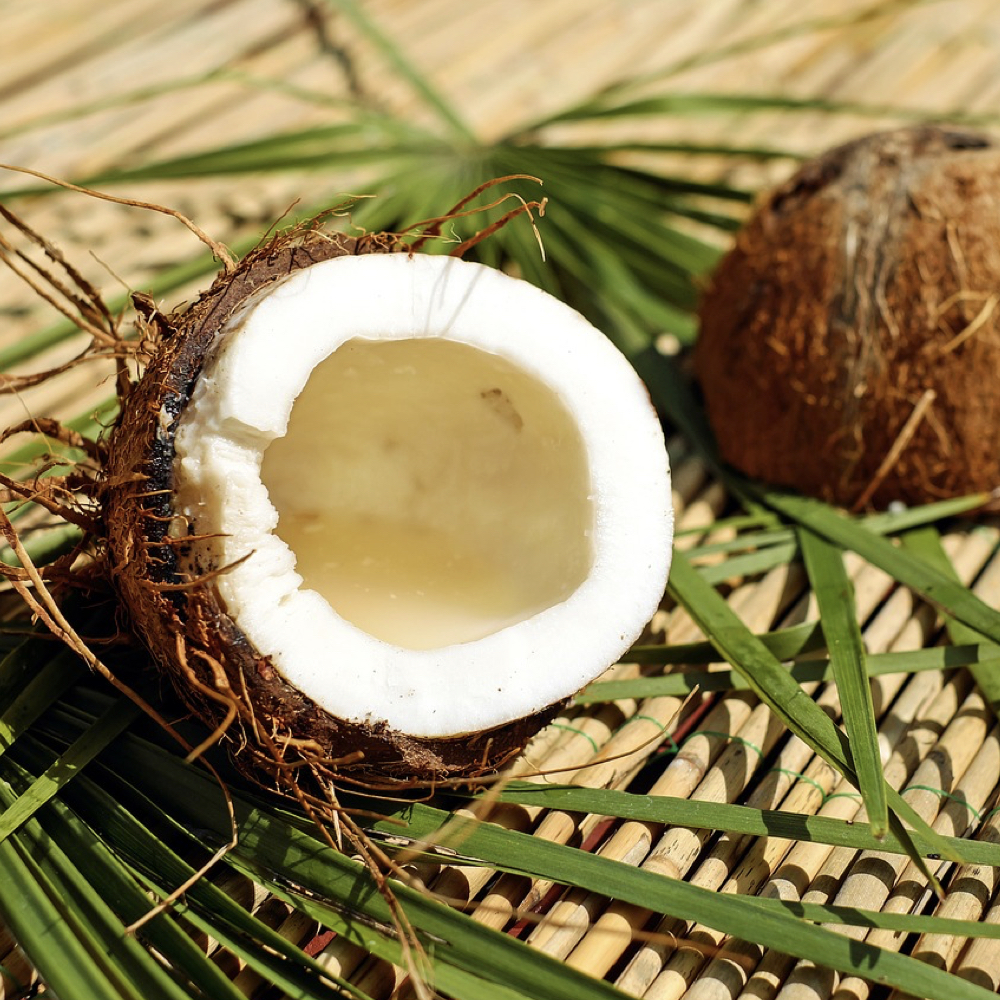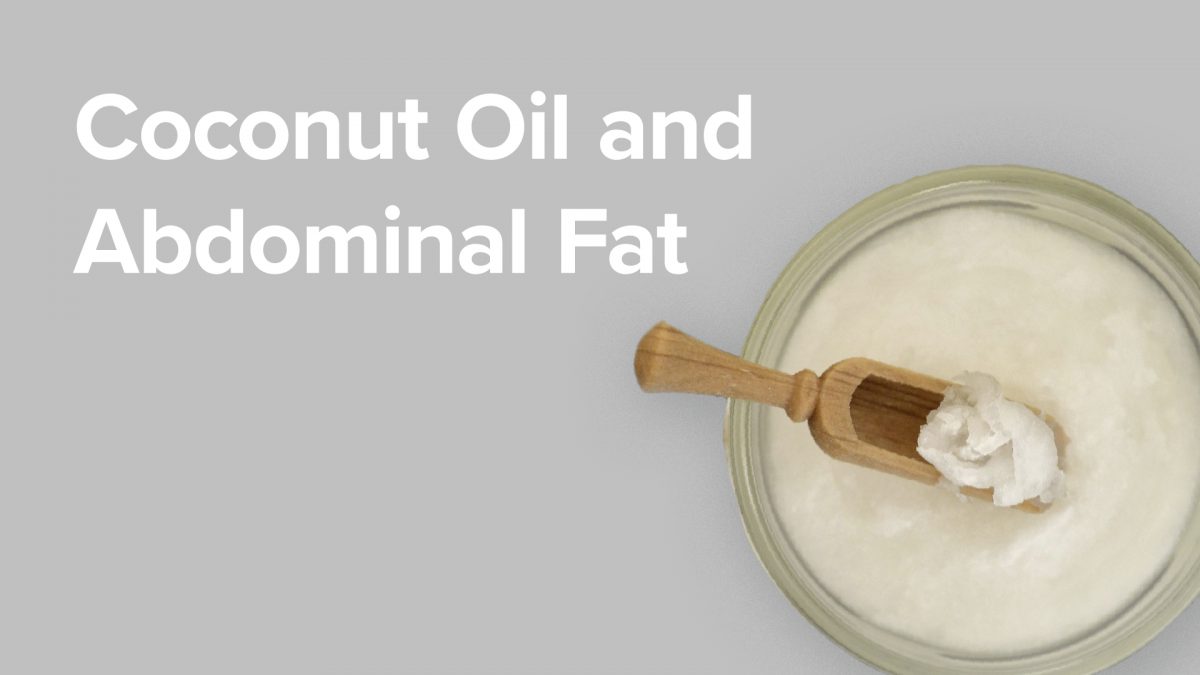
Coconuts
Coconuts, botanically speaking, are fibrous, one-seeded drupes, but commonly thought of as a fruit, a nut, and a seed. As a whole plant food, coconuts appear to be harmless and, as a green-light source of fat, can even increase the nutrient absorption of nutrients when eaten together with greens, for example. We tend to consume coconut milk, coconut oil, and coconut water more often than the flakes or “meat,” though. Are those healthful choices?
Coconut milk and coconut oil have cholesterol-raising saturated fats like those found in beef tallow. In fact, the saturated plant fats in tropical oils, including palm and coconut oils, not only join animal fats in increasing heart disease risk, but may also play a role in the obesity epidemic, despite claims made by the diet industry hawking coconut oil as a weight-loss magic bullet.
When researchers pitted virgin coconut oil against a placebo control, the coconut oil did worse. Not only was there no difference in fat burning, the study subjects ended up hungrier after the coconut oil meal. Coconut oil was less satiating than the same number of calories of a control oil. It turns out coconut oil is just as fattening as other oils in terms of total, belly, or butt/thigh fat and may have adverse metabolic effects.
What about coconut water? It’s been touted as a preferred drink by athletes, but when put to the test, coconut water didn’t have any benefit over plain water during exercise. People with kidney disease should be aware that coconut water has so much potassium that they can run into life-threatening hyperkalemia (too much potassium in the blood) if they drink like two quarts of coconut water and don’t have normal kidney function—which would otherwise just flush the excess away. Even one quart a day may be too much for someone whose kidneys have been compromised by diabetes, for example.
For substantiation of any statements of fact from the peer-reviewed medical literature, please see the associated videos below.
Image Credit: Pixabay. This image has been modified.
Popular Videos for Coconuts

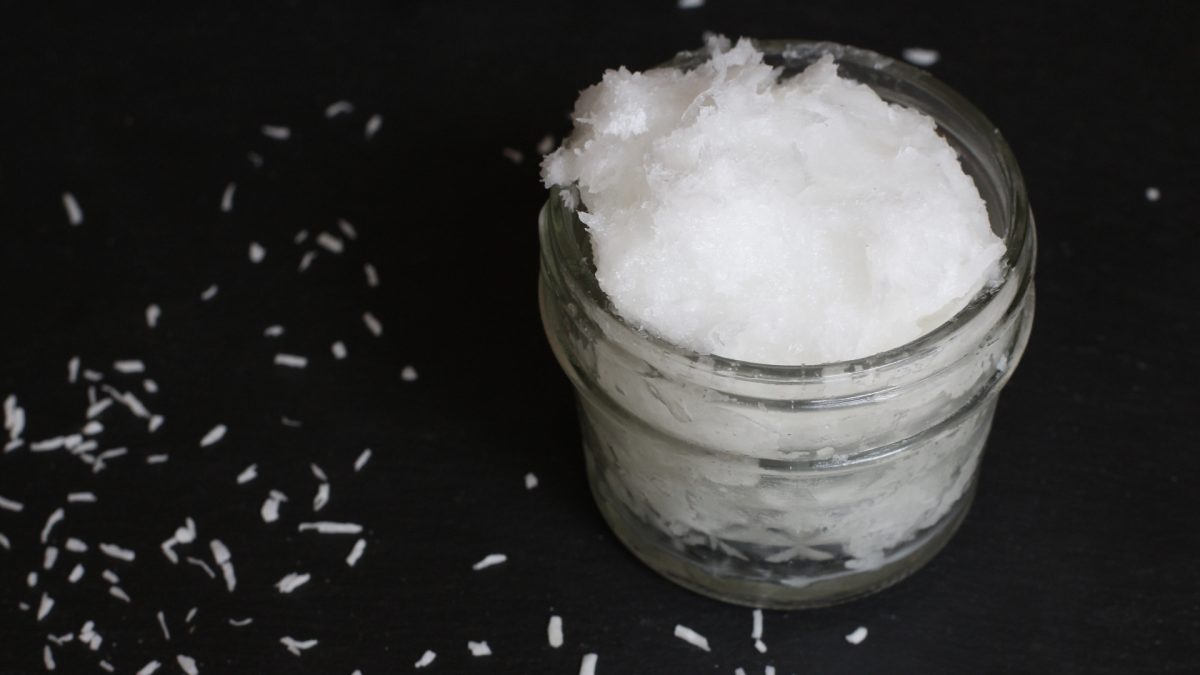
Coconut Oil and the Boost in HDL “Good” Cholesterol
The effects of coconut oil are compared to butter and tallow. Even if virgin coconut...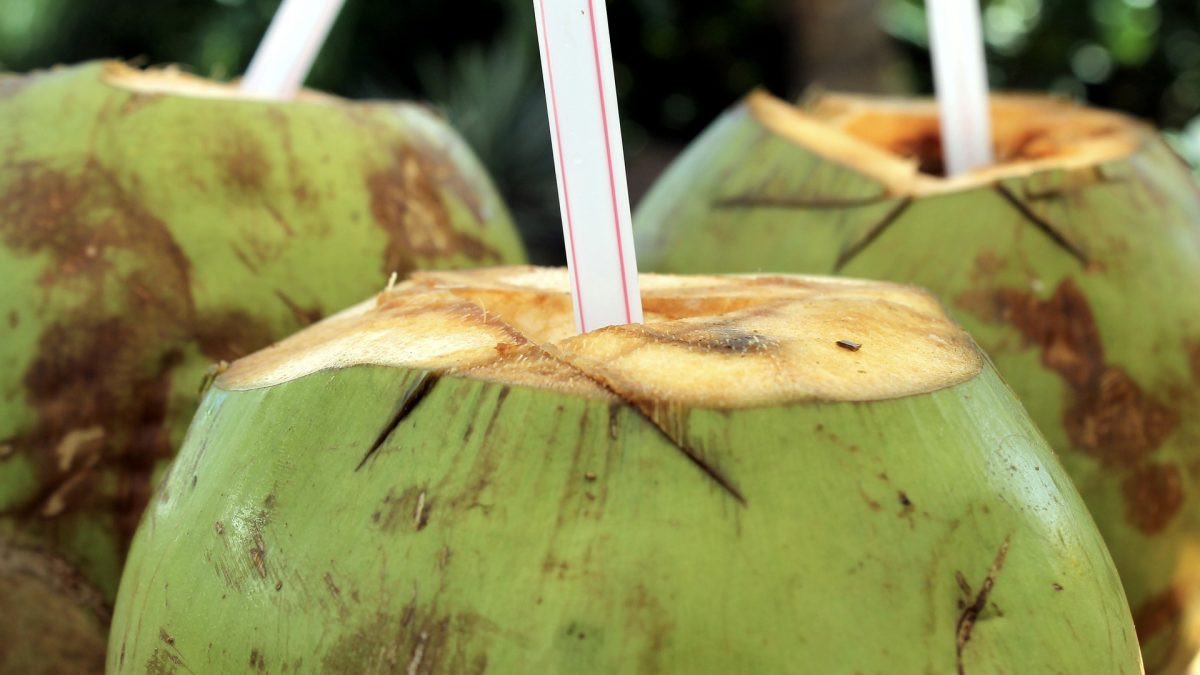
Coconut Water and Depression
What is the science behind the marketing of foods for antidepressant effects?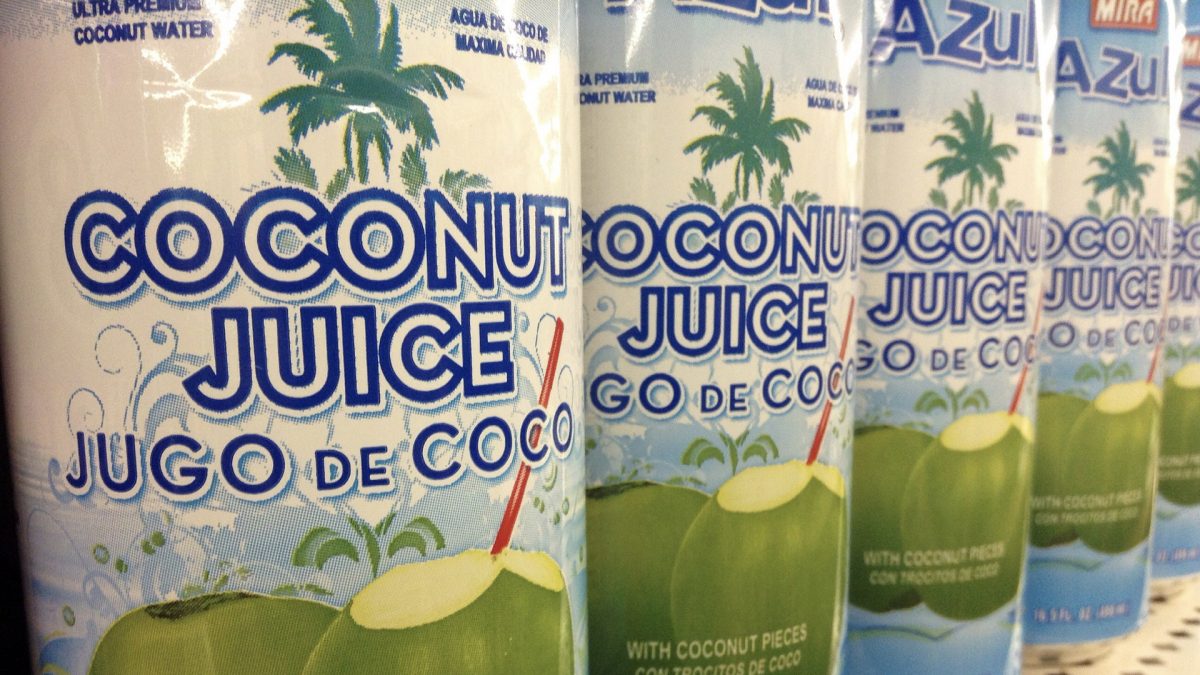
Coconut Water for Athletic Performance vs. Sports Drinks
Coconut water is tested head-to-head against plain water and sports drinks in athletes.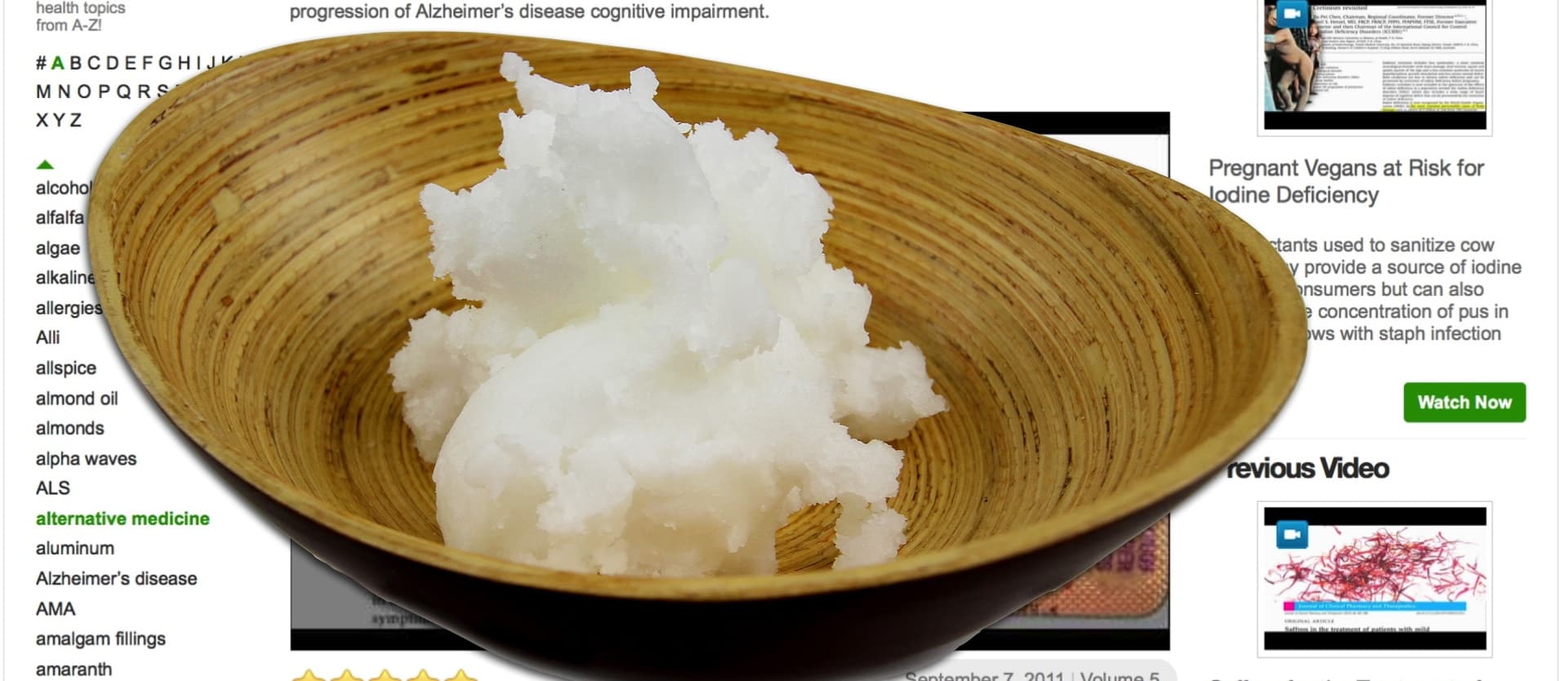
Does Coconut Oil Clog Arteries?
Sellers of coconut oil use a beef industry tactic to downplay the risks associated with...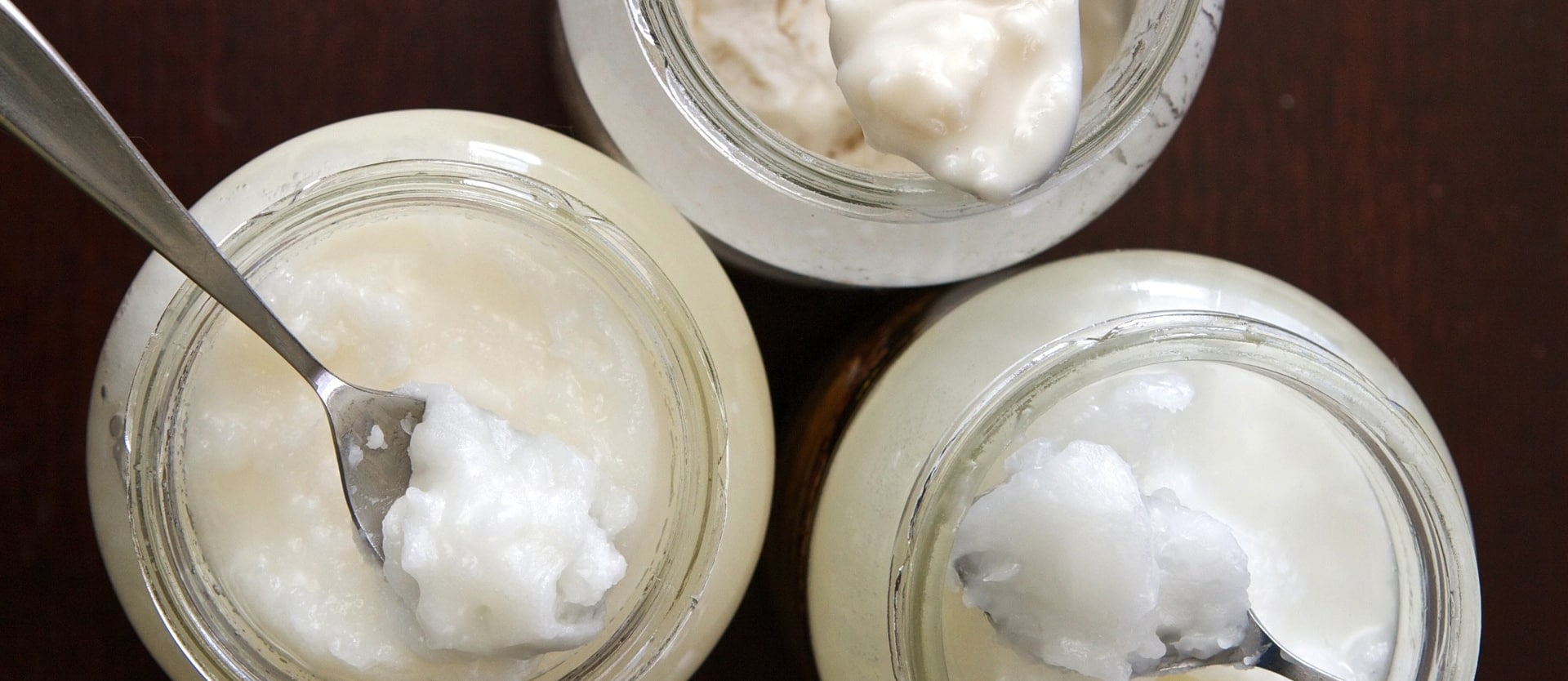
Does Coconut Oil Cure Alzheimer’s?
Though there have been more than a thousand papers published on coconut oil in medical...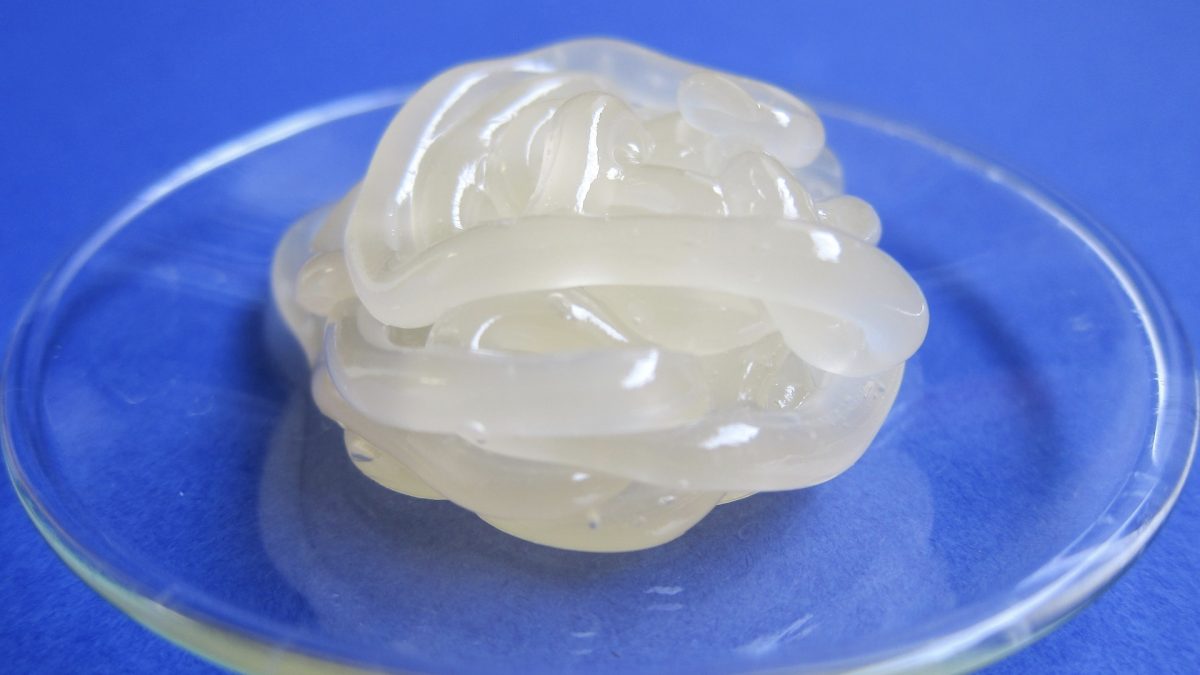
Eczema Treatment with Coconut Oil, Mineral Oil vs. Vaseline
Natural topical remedies for eczema, including licorice root gel, St. John’s Wort cream, and emollients...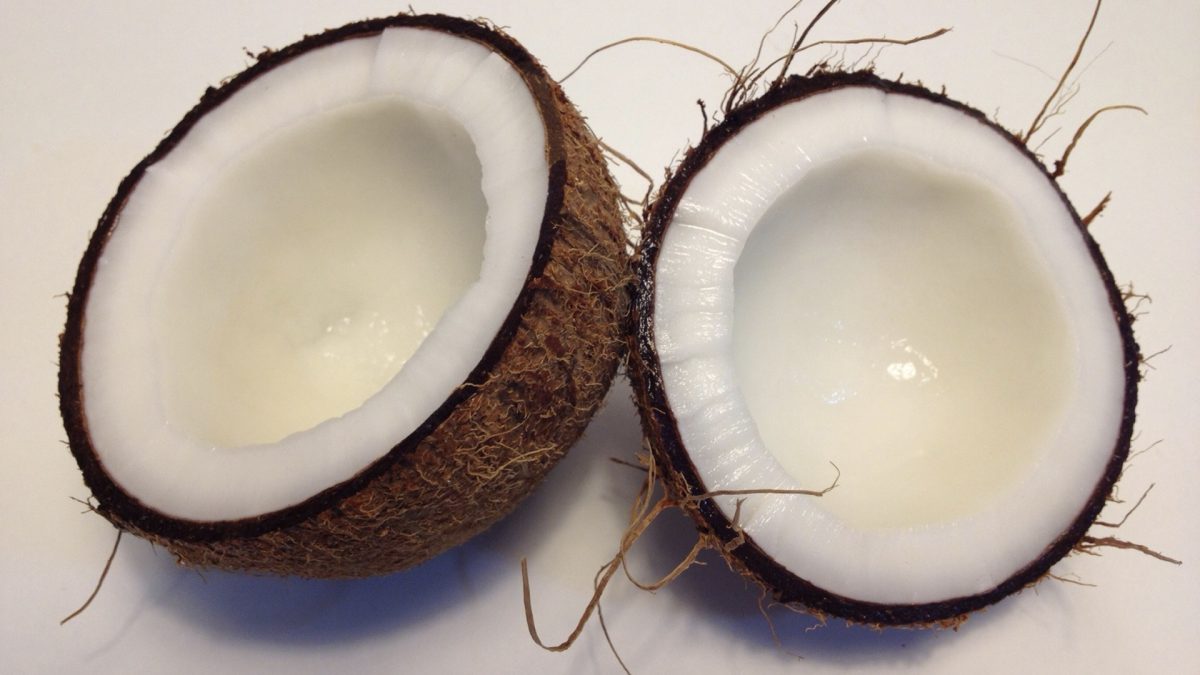
What About Coconuts, Coconut Milk, and Coconut Oil MCTs?
Do the medium-chain triglycerides in coconut oil and the fiber in flaked coconut counteract the...All Videos for Coconuts
-

Coconut Water and Depression
What is the science behind the marketing of foods for antidepressant effects?
-

Are Sports Drinks Safe and Effective?
Commercial influences may have corrupted the American College of Sports Medicine’s hydration guidelines.
-

Coconut Water for Athletic Performance vs. Sports Drinks
Coconut water is tested head-to-head against plain water and sports drinks in athletes.
-

Dr. Greger’s Daily Dozen Checklist
In my book How Not to Die, I center my recommendations around a Daily Dozen checklist of everything I try to fit into my daily routine.
-

Dr. Greger’s Daily Dozen Checklist
In my book How Not to Die, I center my recommendations around a Daily Dozen checklist of all the things I try to fit into my daily routine.
-

What About Coconuts, Coconut Milk, and Coconut Oil MCTs?
Do the medium-chain triglycerides in coconut oil and the fiber in flaked coconut counteract the negative effects on cholesterol and artery function?
-

Coconut Oil and the Boost in HDL “Good” Cholesterol
The effects of coconut oil are compared to butter and tallow. Even if virgin coconut oil and other saturated fats raise LDL “bad” cholesterol, isn’t that countered by the increase in HDL “good” cholesterol?
-

Does Coconut Oil Cure Alzheimer’s?
Though there have been more than a thousand papers published on coconut oil in medical journals, there is little evidence it helps with Alzheimer’s disease.
